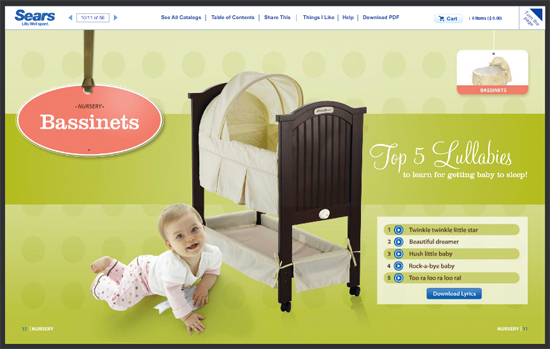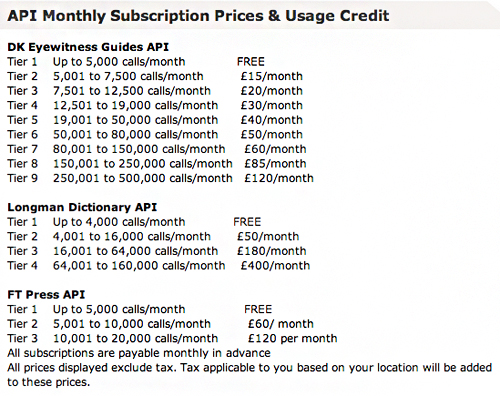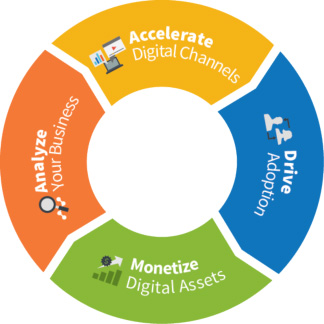Why are APIs so important to ecommerce today?
APIs, or Application Programming Interfaces, are designed to enable one application (such as your ecommerce platform) to expose services (like order management, pricing information, catalog content, customer profile data) to other applications. In a sense, the API helps systems “talk” to each other.
While APIs are widely used outside of ecommerce (e.g. free Facebook apps built upon the f8 platform), their use in ecommerce is growing and are particularly useful for bringing transactional capabilities to any consumer touchpoint – mobile, social, in-store, connected devices, et cetera, as well as internal applications for use by the business.
Tesco’s famous Homeplus shop-from-the-tube experience in Korea is an example of an internal use of API.
Another example is Sears’ interactive baby catalog:
BestBuy mixed its API with Wolfram Alpha and Siri to create a voice-searchable application
API as a Product
Some ecommerce businesses aim to monetize their content and services by offering public or semi-public APIs. A variety of API business models exist, ranging from direct to indirect monetization. For example, Amazon Web Services is a cloud computing product where you pay only for the service you need. PayPal offers a Direct Payment API for merchants that don’t want to send customers to a PayPal branded interface.
Pearson Education offers a variety of APIs for developers to tap into its legacy content like the Longman Dictionary, DK Eyewitness Guides and Kitchen Manager. Developers pay based on consumption (direct monetization).
One neato application built with the Kitchen Manager API
Netflix opens its API for free to d developers to develop unique experiences for different devices, and makes money off subscription revenue driven through these apps (indirect monetization).
Adopting an API strategy
In our recent webinar with SOA Software, Sachin Agarwal shares 4 pillars for adopting an API strategy.
Accelerate – make your product and services available through APIs
Drive API adoption – partners, large set of developers, market it, support it, hackathons, documentation and onboarding etc. design it as a product and market it
Monetize – may not be direct, may be indirect. Twitter/Twilio charge every time you use, Netflix APIs are free, indirectly through getting subscriptions
Most important – Analyzing your APIs – lot of information about how partners and developers are interacting with your business – where accessing, what, what kind of services, how, when etc
For more technical information on API strategies for ecommerce, including security, API licensing, quota management, performance and reporting, scaling your API and marketing to developers, check out our webinar on-demand: How to Get Your Business Selling in the API Economy










